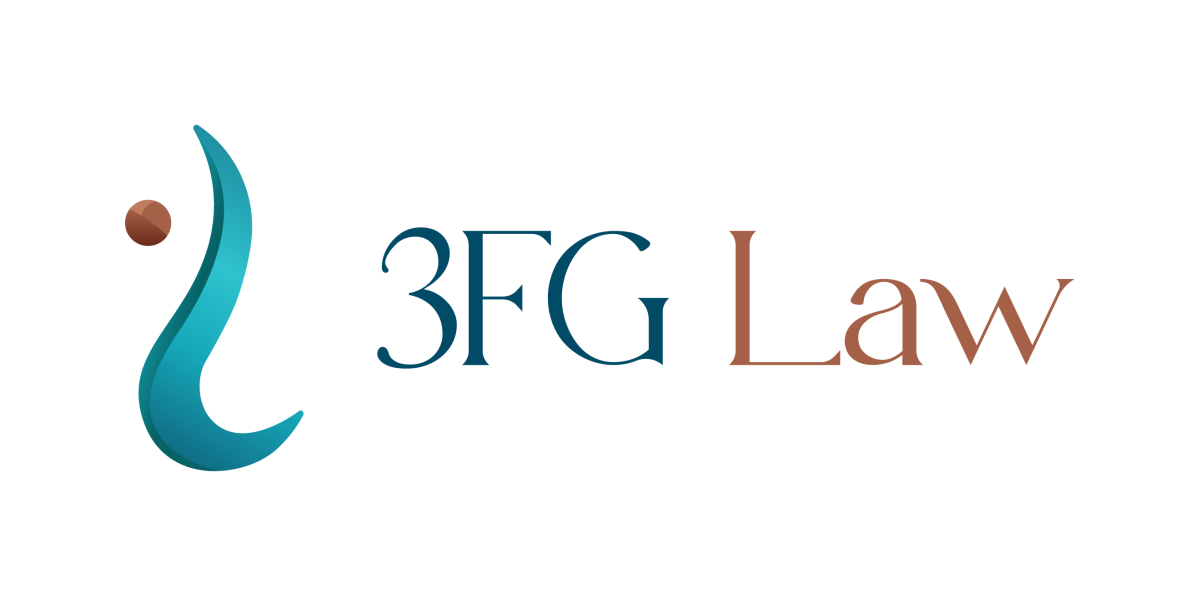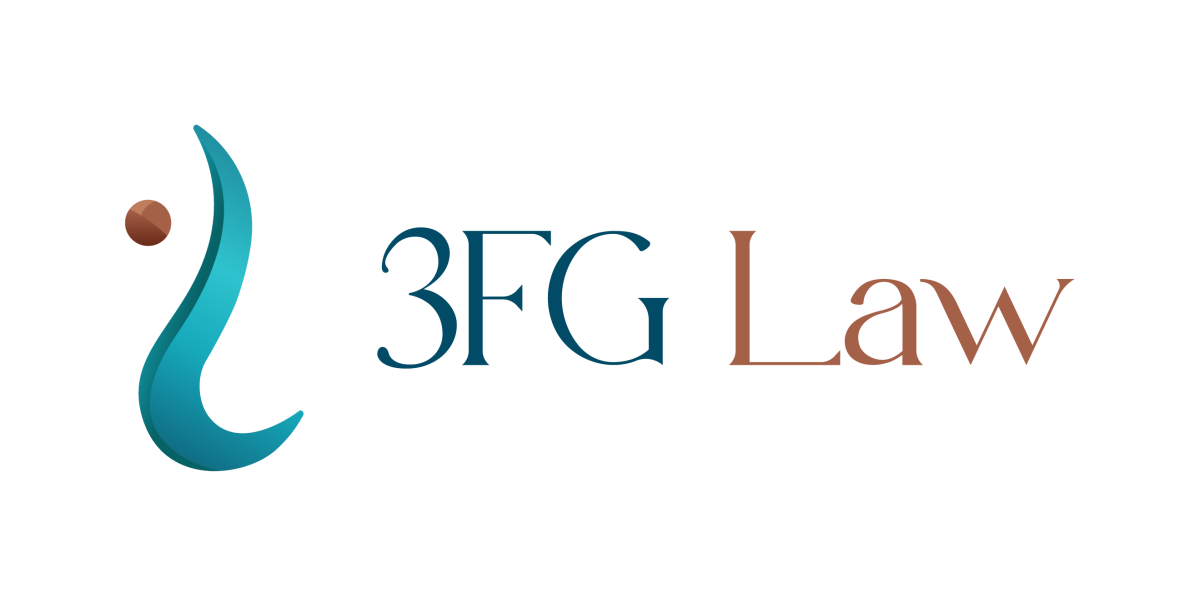Estate planning in Hawaii involves a range of strategies to help manage and distribute assets. Among these strategies, revocable and irrevocable trusts offer tools for addressing different financial and personal goals. At 3FG Law, attorney Joanna Amberger brings together legal knowledge and financial insight to assist individuals in evaluating trust structures suited to their circumstances. Working with a trust attorney in Honolulu, HI, can help you better understand your options.
What Is a Trust?
A trust is a legal arrangement that involves a grantor, a trustee, and beneficiaries. Trusts can provide a framework to help manage assets and set distribution terms based on the grantor's instructions. Depending on the trust’s structure, the arrangement may offer certain tax, privacy, or administrative considerations that are useful in various estate planning contexts.
Attorney Joanna Amberger often discusses two common types of trusts: revocable and irrevocable, each with distinct features and potential applications.
Features of Revocable Trusts
Revocable trusts, often referred to as living trusts, are created during the grantor’s lifetime and can be modified or terminated under certain conditions. These trusts may be useful for individuals who wish to maintain control over assets and adapt their estate plans as life circumstances evolve.
One advantage often associated with revocable trusts is their ability to bypass probate, which can reduce the public and administrative aspects of estate settlement. In addition, a successor trustee can be designated to manage the trust in the event the grantor becomes incapacitated, providing a level of continuity that may reduce the need for court-appointed guardianship.
For some individuals, a revocable living trust may align with their goal of streamlining asset distribution and maintaining privacy during the estate administration process.
Considerations for Irrevocable Trusts
Irrevocable trusts differ in that they generally cannot be changed after creation, except under limited circumstances and with consent from the beneficiaries or a court. While this structure reduces flexibility, it may provide benefits related to asset protection and tax treatment.
In Hawaii, some residents use irrevocable trusts as part of planning strategies that involve Medicaid eligibility. A Medicaid Asset Protection Trust (MAPT), for example, may exclude certain assets from being counted during Medicaid assessments. However, these trusts must be structured in compliance with applicable regulations and typically require advance planning.
Irrevocable trusts can also address other goals, such as reducing exposure to estate taxes or limiting access to assets by creditors. Each trust is governed by its terms, and the specific protections or outcomes depend on how the trust is written and funded.
Trusts for Special Circumstances
Certain irrevocable trusts, such as Special Needs Trusts, are used in cases involving a beneficiary with a disability. These trusts may provide supplemental financial support without affecting eligibility for government benefits. The trust can be designed to cover costs related to healthcare, education, or personal needs, depending on the beneficiary’s situation.
By incorporating a Special Needs Trust into an estate plan, individuals may address long-term care considerations while also working within existing benefit guidelines.
Explore Trusts at 3FG Law
Trusts may serve as a valuable component of an estate plan, especially when used alongside other legal documents like wills, powers of attorney, and healthcare directives. In Hawaii, individuals who seek to organize their affairs and explore options for managing wealth may consider speaking with a trust attorney in Honolulu, HI, who is familiar with them.
For more information about trust structures or other estate planning matters, 3FG Law provides resources and guidance tailored to a range of client needs. Get connected today and book a call to get started.




